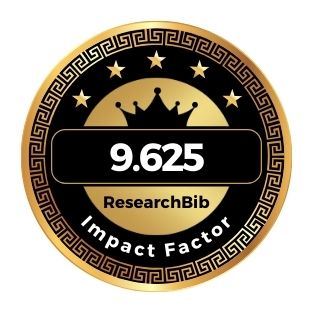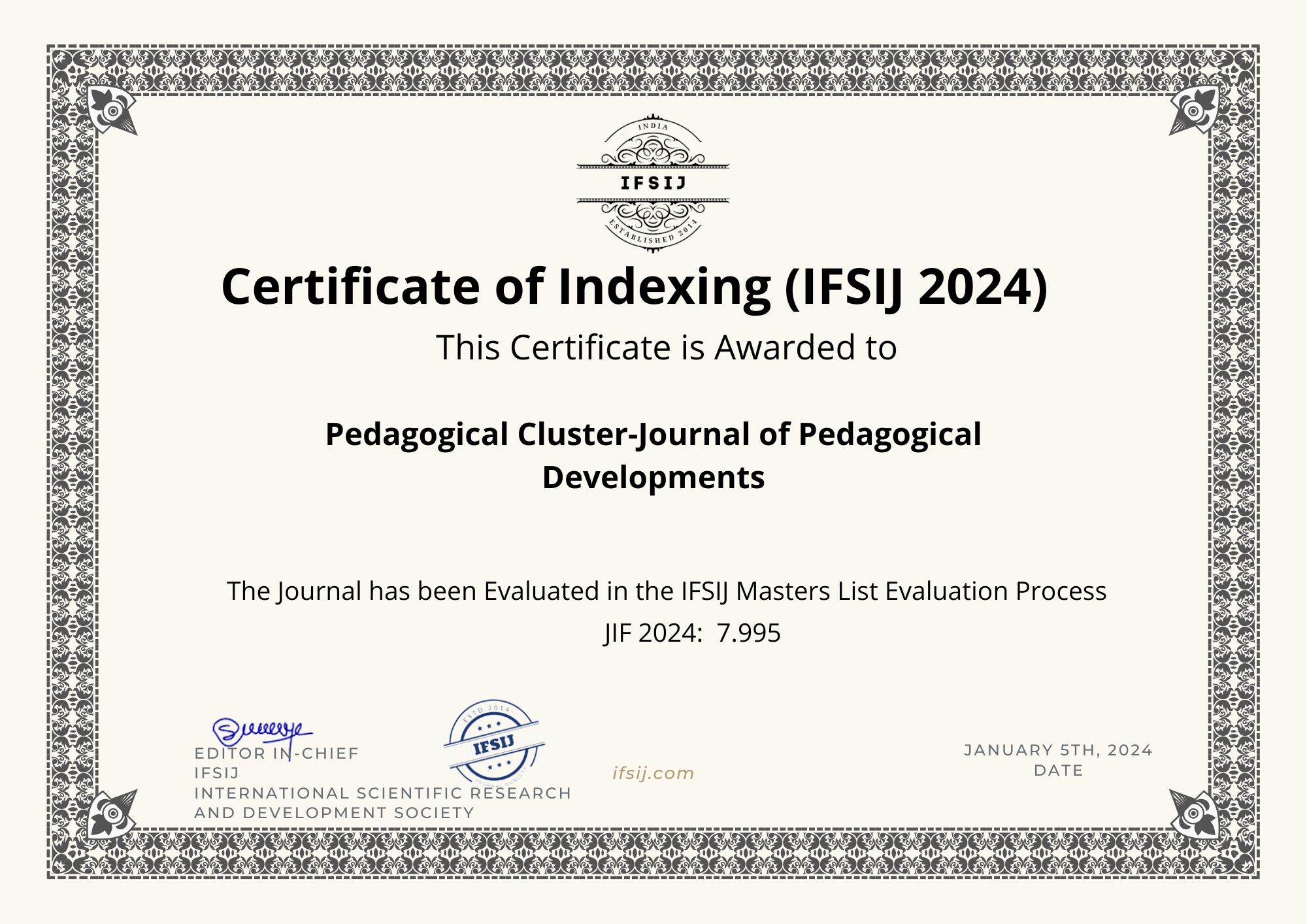Improving Technologies For Preparing Primary School Teachers For Inclusive Education In The Conditions Of An Educational Cluster
Keywords:
Inclusive education, technology, education, primary schoolAbstract
The article presents the results of experimental work aimed at improving technologies for preparing primary school teachers for inclusive education within an educational cluster. The study was conducted in four schools across the Khorezm, Syrdarya, and Tashkent regions, involving 417 primary teachers. Methodologies included questionnaires, observations, testing, pedagogical experiments, and statistical processing.The study emphasized the sustainable involvement of family members to meet students' individual educational needs. A model was developed that integrates correctional-developmental didactic blocks and principles of humanism, prioritizing student socialization within the "Education-Society-State" framework and tailoring education to each child's academic potential in a supportive environment.The didactic approach was enhanced through the continuous integration of modular technologies, fostering an active and dialogical professional training process. This approach meets the requirements for educational integrity, diagnostic accuracy, and flexibility, ultimately improving the preparedness of primary school teachers for inclusive education.
Downloads
Downloads
Published
Issue
Section
License

This work is licensed under a Creative Commons Attribution-NonCommercial 4.0 International License.










